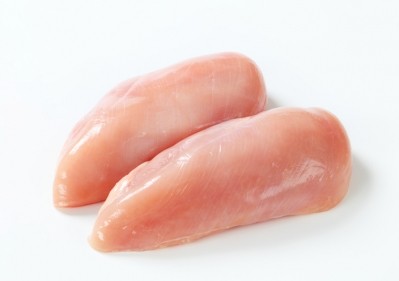Spanish police seize 50 tons of products at meat company

Items originating from the country were distributed in restaurants, hotels and schools in Mallorca.
La Policía Nacional arrested three people, the owner and two company managers. They were later released but the company has stopped operations.
Investigators said it was possible that potentially tainted meat had been consumed but there were no reports of illness related to products from the company.
Police uncover details of operation
El servicio de Seguridad Alimentaria de la dirección general de Salud Pública (Food Safety Service of the General Directorate of Public Health) and de la Consejería de Salud (Ministry of Health) also took part in 'Operación Biltong'.
Police said the accused changed and falsified original labels, thawed products in hot water and then stored them without meeting minimum sanitary conditions and added pig blood to increase weight.
They found if a product was returned the affected parts were removed or cleaned for it to be frozen again and then delivered to another customer.
At the beginning of March, authorities learned that a meat company, in the municipality of Marratxi, could be in breach of sanitary regulations on distributing and storing food as well as violating worker rights.
Multiple visits were made to premises of the meat company as well as to suppliers and client establishments.
Lack of traceability
Police found a freezer with 30,000 kilos of meat, some of which had no identification or traceability details.
They also discovered products including canned food, salmon and octopus that were up to three years past their expiry date.
In another rented space, authorities uncovered 7,000 kilos of frozen meat that was either past its expiry date or without labelling.
The investigations found that, although product was good at the beginning, the company did not respect sanitary regulations of storage and distribution and Salmonella was detected in a batch of minced beef.
La Policía Nacional said it found evidence of 60-hour working weeks without extra payments on some occasions and employees having to buy their own material to carry out work and use their own vehicle to transport products.

























